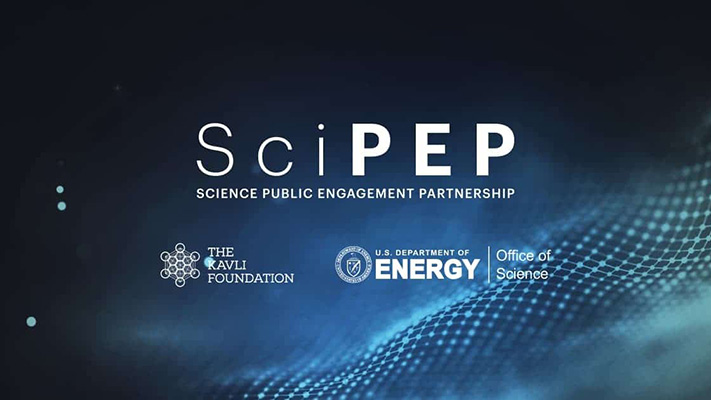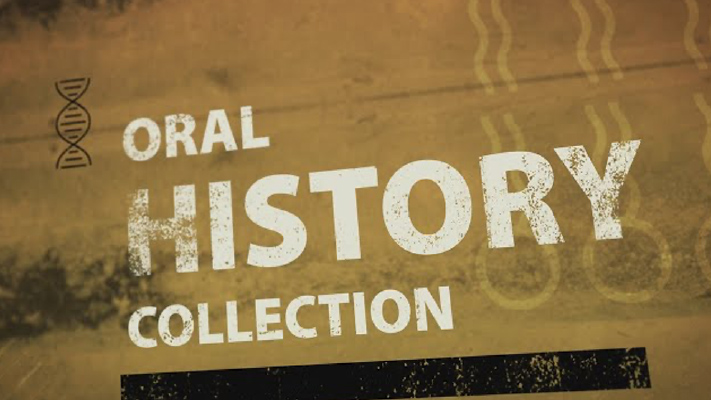NHGRI’s social media activities bring genomics closer to the public
Before getting to the array of updates about the many happenings at NHGRI and in genomics, I would like to draw your attention to efforts of the National Institutes of Health (NIH) and the Food and Drug Administration (FDA) to gather information about some cutting-edge biomedical research technologies. Specifically, the NIH and FDA Joint Leadership Council Next-Generation Sequencing and Radiomics Working Group has issued a Request for Information (RFI) soliciting feedback from stakeholders about resource gaps that need to be addressed to support Next-Generation Sequencing (NGS) test validation and development, tool development, and data interpretation. This RFI was released in parallel with a companion RFI focused on reference material gaps for radiology. Responses are requested by November 1.
In addition, the Working Group will host a workshop on resource requirements for accelerating clinical applications of NGS and radiomics, including those using artificial intelligence. The National Cancer Institute will host this virtual event on September 29-30. Registration is required by September 27.
All the best,
![]()
In This Issue
- NHGRI’s social media activities bring genomics closer to the public
- NHGRI MorPHiC program to explore the function of every human gene
- NHGRI Short Course in Genomics features new microbiome lesson plans for science educators
- ISCC-PEG Scholars Program provides students opportunity to broaden genomics education
- NIH Loan Repayment Programs support professionals in biomedical and behavioral research careers
- NHGRI participates in a dialogue on public engagement with basic science at 2021 SciPEP conference
- Oral history interviews capture perspectives and experiences of genomics researchers
Seminar Series
Bold Predictions for Human Genomics by 2030
Session 7: September 16, 2021, 3 p.m. to 4:30 p.m. ET
Prediction: The clinical relevance of all encountered genomic variants will be readily predictable, rendering the diagnostic designation “variant of uncertain significance (VUS)” obsolete.
Speakers:
Heidi Rehm, Ph.D., Broad Institute, Harvard Medical School & Massachusetts General Hospital
Douglas Fowler, Ph.D., University of Washington
Moderator:
Ben Solomon, M.D., NHGRI
Session 8: October 4, 2021, 3 p.m. to 4:30 p.m. ET
Prediction: A person’s complete genome sequence along with informative annotations can be securely and readily accessible on their smartphone.
Speakers:
Michael Schatz, Ph.D., Johns Hopkins University & Cold Spring Harbor Laboratory
Gillian Hooker, Ph.D., ScM, LCGC, Concert Genetics
Moderator:
Sarah Bates, M.S., NHGRI
Learn MoreAbout The Genomics Landscape
A monthly update from the NHGRI Director on activities and accomplishments from the institute and the field of genomics.
Last updated: September 9, 2021







